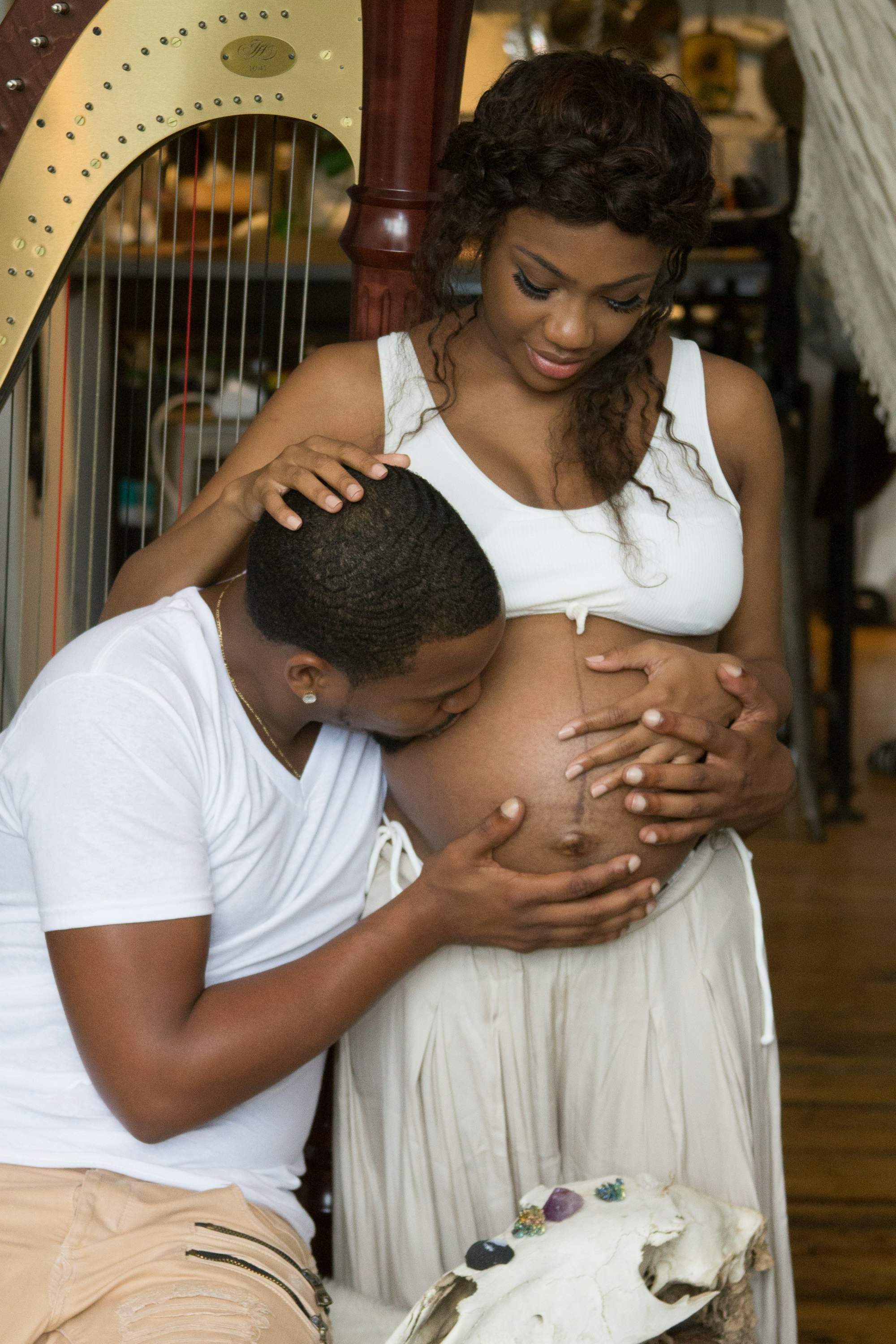
Of course you didn't.
Warning to Dear Reader: this is a long journey, a deep and poetic one. Might be good in bite-sized portions)
Anyone past the age of fifty can relate. If you're on Match.com, and I was up until recently, those of us past a Certain Age are quite accustomed to receiving the above automated message when we hit the Hopeful button to see if anyone showed up who met the criteria we had set for ourselves.
When you get the above message, you are, of course, asked if you want to edit your preferences.
Yah. Okay. Let's talk, shall we?
First of all, when you get invited to "edit your preferences," that's online dating code for "lower your expectations."
Kindly.
If you are looking for Thor, and you're a woman in your seventies attached to an oxygen tank, or wheeling around in a motorized chair, you might wanna manage your expectations.
By the same token, if you're looking for Wonder Woman, and you're in your seventies with a walker and on regular kidney dialysis, you might wanna manage your expectations.
A while back I mentioned that at one point, some wag wrote me that his dating consultant, otherwise known as a vastly overpaid pimp, informed him that we women tended to "overprice ourselves" on the dating scene once we pass forty .

As in, the one and only thing to recommend us was the infinitely finite and fleeting combination of youth and beauty. Such as they are for any of us, that is.
Kindly, Go Spit. In all fairness to my aging brethren, precisely the same goes for the guys. Of course, Hollywood is much kinder to aging men in leading man roles (invariably with Much Younger Women with Nice Tits and No Cellulite) than it is to aging women.
Don't get me started.
After I nearly choked to death on my tongue, which I had bitten hard to keep from writing a pointed response, I decided that I would simply lift that piece of mindless pap and use it to liberally sprinkle stupidity throughout my writing about dating after forty. Or sixty, in my case.
Or beyond, as I am sliding into seventy in barely two years.
As someone who's been doing this online dating thing now since 1998, with mixed results (two long-term relationships, both more than eight years, so it ain't half bad), I have had my share of experiences both awful and godawful. And so fucking awful I wouldn't even think of doing it again. There were two mild successes, enough so that we hung in together for a good long while. Both with men far younger. In once case, 22 years younger, the other, 17. The latter one, in fact, has circled back around.
To be fair, I didn't live long with either; it's not my preference.
While I have mixed feelings, the fact that the second gentleman in question circled back around again after multiple breakups in the first place is instructive. That particular gentleman has discovered the hard way how challenging it is to find truly good company. Quality company, that is, not just a warm body.

Increasingly, I hear from both my in-person friends and my Medium community about dating life after a Certain Age. While Covid most assuredly placed an additional layer of difficulty on us all in this regard, at least for those who'd like to survive this hot mess, what they've had to say about what it's like to connect with potential partners, or even friends, has been an education.
The most mature, delightful and interesting people- which is why I like them, natch- are smart enough to be able to trade off the fresh-faced innocence of youth for quality time. Quality, as you and I age, has a completely different meaning, and the beauty is that how you and I define quality shifts as we mature. Not just in years, but in some level of wisdom.
Because how we perceive beauty also changes as we age. The more we allow ourselves permission to age, the more we allow our partners to also evolve through their decades, their decadence, and their dependencies, as do we.
The men I am drawn to, while I prefer athletes for a slew of reasons (not the least being I am one myself, and I don't tolerate sloppy habits very well, and I do NOT find sloppy bodies attractive but that's just me), also prefer women who are in shape for life, not just the Instagram shot and then, let's have pizza.
Those men also have powerful personal growth leanings, they are very bright, and they are interested in women who have full, varied and busy lives. Who read, think, work and have plenty to do as opposed to sit around mooney-eyed until hubby or whoever happens to waltz in the door. Who enjoy their own sports, their own pastimes, and who have a large circle of friends to complement their needs.
Those men, for the most part, who have captured my attention weren't looking for a dishwasher, cleaning lady and chief bottle washer. Those women who are also wise no longer look for Prince Charming, the snorting steed nor someone to save them, if you will pardon me.
They wanted intelligent, funny, mature, joyful company. The kind of company that outlasts pretty, vacuous and pre-cellulite. Comes to us all, honey, except the most genetically lucky.
We are none of us perfect at any age, only through enhancements, all of which are fake, and ultimately deeply disappointing not only to us but to those who were fooled into believing our fantasies. To that, the inimitable Ursula Le Guin:
Perfection is “lean” and “taut” and “hard” — like a boy athlete of twenty, a girl gymnast of twelve. What kind of body is that for a man of fifty or a woman of any age? “Perfect”? What’s perfect? A black cat on a white cushion, a white cat on a black one . . . A soft brown woman in a flowery dress . . . There are a whole lot of ways to be perfect, and not one of them is attained through punishment.
Where you and I are at fifty-eight or sixty-seven or seventy-four or eighty-one is perfect when we are perfectly happy to be there. Anything else becomes ridiculous striving, horrifyingly impossible to achieve, and a recipe for perpetual bitterness.

Le Guin adds:
Beauty always has rules. It’s a game. I resent the beauty game when I see it controlled by people who grab fortunes from it and don’t care who they hurt. I hate it when I see it making people so self-dissatisfied that they starve and deform and poison themselves. Most of the time I just play the game myself in a very small way, buying a new lipstick, feeling happy about a pretty new silk shirt.
My treat is a white cotton shirt. An architectural one, which allows me to enjoy a finely-tuned body, an aging one, but which doesn't in any way cause me to feel embarrassed about a face which increasingly shows my age. I am nearly seventy.
For heaven's sake. What did I expect?

That said, what do we want of a partner, particularly later in life?
When you and I are younger, and this is just as true for me as it has been for so many of us in more recent times, we have unrealistic expectations, expectations which would have been unimaginable to couples prior to the 1960s. To that, please see this:
:format(jpg):extract_cover()/https%3A%2F%2Fcdn.theatlantic.com%2Fassets%2Fmedia%2Fimg%2Fmt%2F2017%2F09%2FRTR446OB%2Flead_720_405.jpg%3Fmod%3D1533691906)
From the article, here's increasingly what we (think)we want:
...a partner who’s simultaneously responsible for making us feel loved, and sexy, and competent, but also ambitious, and hungry, and aspirational. How do you make somebody feel safe, and loved, and beautiful without making him or her feel complacent? How do you make somebody feel energetic, and hungry, and eager to work hard without making them feel like you disapprove of the person they currently are?
Kindly, that's insane. It's not just that someone else's developmental arc is going to be different, it's hugely unfair to require them to be all things to us, when what you and I need in all our varied spheres will often be beyond our partner's ability to provide. You and I as women cannot possibly provide the kind of company our manly man needs at a poker party, or whatever he gets from guy time or cave time. WE CAN'T, nor would we want to.
By the same token, said manly man cannot possibly provide the kind of company we as women need from our female buddies when we want to discuss rom-coms, makeup, clothing or any other damned thing he doesn't really care about- even if he tries to-if those things aren't in his wheelhouse.
As we are now sequestered in our homes under lock down, the great gaps in both our perceived needs, our unfair expectations with our partners are being exposed. I've been taking stock lately of where I've done the same damned thing, and in doing so, have torpedoed my own love life. And, where previous lovers have done the same thing by expecting me to be all things to them.

Like so many of my generation I was raised on the Disney fairy tale. I even worked at Disney World, getting my sheep dip in bullshit stories about all-perfect love. The setup for disappointment is significant. But so is the chance to grow up and out of the unfair expectations and into the realm of opportunity.
Here's where our culture has taken us.
From the article:
Since around 1965, we have been living in the era of the self-expressive marriage. Americans now look to marriage increasingly for self-discovery, self-esteem and personal growth. Fueled by the countercultural currents of the 1960s, they have come to view marriage less as an essential institution and more as an elective means of achieving personal fulfillment. “You make me want to be a better man,” from the 1997 movie “As Good as It Gets,” could serve as this era’s marriage ideal. In the words of the sociologist Robert N. Bellah, love has become, in good part, “the mutual exploration of infinitely rich, complex and exciting selves.”
I pulled out one of the critical studies from these articles to make a key point. This article makes it clear that you and I are going to be one hell of a lot happier if we have a broad, rich circle of friends and acquaintances who are there for us over the course of our lives. That broad range of people, our peeps, can do what no single partner can do: be all things to us. For the unique requirements that you and I have are, over the course of an evolving life, are going to change drastically, and there really is no way you or anyone else could possibly keep up with the shifting needs of a partner. That's why the variety and depth of those different friendships provide the bolster and support to a rich life, and allow us to remain happily in partnership with someone who is by definition going to be lacking in one way or another.
The pdf article explores what the author refers to as "emotionships." In short, here's an example: the man in question (above) who has reappeared in my life after a two-year hiatus is now and will forever be ill-equipped to provide the spiritual and emotional support, guidance and challenge that my dear friend Melissa can. He doesn't have her wisdom. If I leaned on him for what she gives me, he would fall over. That's not an indictment. It simply speaks to how important a varied community is to the success of a partnership, a marriage, a family.

From the "expect too much" article above:
It turns out that people who have more diversified social portfolios, that is, a larger number of people that they go to for different sorts of emotions, those people tend to have overall higher-quality life. This is one of the arguments in favor of thinking seriously about looking to other people to help us, or asking less of this one partner.
This trend tracks perfectly with the shift away from marriage/family as survival on isolated land to the higher rungs of the Maslow Hierarchy. What hasn't seemed to have tracked along with it is our ability as evolving (or devolving, as the case may be) humans to decouple our expections around coupling along with far more reasonable and joyful connections with a vast and diverse community of friends and acquaintances.
In other words the more insulated and insular we are, the more unfair our expectations of our mates, who are going to disappoint. Spectacularly.
If you and I have learned anything from quarantine, if we have gained any wisdom at all about partnering or marriage or cohabitation from this year, this might be one of the greatest gifts. It certainly is for me.
If anything, even with the reappearance of someone who wants back into my life after two years of genuinely, truly wanting just that, I no longer want the same things. I've paid a very high price to understand why. This lovely, poetic piece digs into that endless well of wisdom about just that:
:format(jpg):extract_cover()/https%3A%2F%2Fs3.amazonaws.com%2Fpocket-syndicated-images%2Farticles%2F1312%2F1567447340_direct.jpg)
From the article:
Our paradoxical longing for intimacy and independence is a diamagnetic force — it pulls us toward togetherness and simultaneously repels us from it with a mighty magnet that, if unskillfully handled, can rupture a relationship and break a heart. Under this unforgiving magnetism, it becomes an act of superhuman strength and self-transcendence to give space to the other when all one wants is closeness. And yet this difficult act may be the very thing — perhaps the only thing — that saves the relationship over and over. (author bolded)
A few days ago I wrote a piece about discovering our purpose in life at sixty. This is where I believe the greater wisdom of understanding togetherness and expectations also, perhaps, finally comes into perspective. While I ache for people like Patti, the fifty-something Lowe's employee and fellow veteran whose husband dumped her for a chick in her twenties (the term "chick" is used on purpose here), the real test for all of us is to understand that that true intimacy does not mean with someone else.
It most certainly does not mean sex, which is so often cheap, vulgar, oversold, horribly delivered and has massive and unfair expectations around something that, at least in my long and storied life, leaves much to be desired. Sex is the least of all intimacies. What is truly intimate is our ability to sit with ourselves in the dark night of the soul, a prison into which the last long term BF tossed me regularly, until I learned to like it there. So much so, that now when he wants to return, that place in my soul is only mine to inhabit. It's locked from the inside.
That said, I am considering visitation rights, but with far stricter boundaries.
Consider then, Rilke's words, which here speak ever so eloquently for the space I now inhabit:
It is a question in marriage, to my feeling, not of creating a quick community of spirit by tearing down and destroying all boundaries, but rather a good marriage is that in which each appoints the other guardian of his solitude, and shows him this confidence, the greatest in his power to bestow. A togetherness between two people is an impossibility, and where it seems, nevertheless, to exist, it is a narrowing, a reciprocal agreement which robs either one party or both of his fullest freedom and development. But, once the realization is accepted that even between the closest human beings infinite distances continue to exist, a wonderful living side by side can grow up, if they succeed in loving the distance between them which makes it possible for each to see the other whole and against a wide sky!
Therefore this too must be the standard for rejection or choice: whether one is willing to stand guard over the solitude of a person and whether one is inclined to set this same person at the gate of one’s own solitude, of which he learns only through that which steps, festively clothed, out of the great darkness.
The "dark night of my soul", at least in the relationship sense, is no longer dark. It is full of light and life and joy. I inhabit it alone, at 67. The twelve years I spent in relative purgatory hoping for That Guy to show up have taught me first, he won't. Second, he can't. Third, now that I've truly started to show up for myself, there is perhaps finally, finally, room for him to us to share the same space. For short periods, at least, now that the unfair, unkind and wicked-awful expectations have been set aside.
And when he visits, should he visit, I shall indeed be festively clothed.

Comments powered by Talkyard.